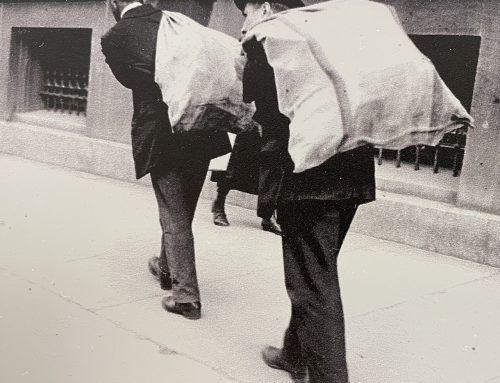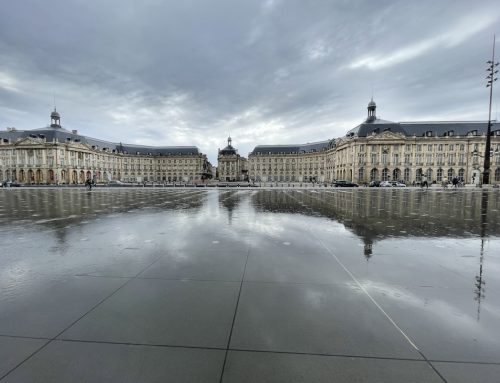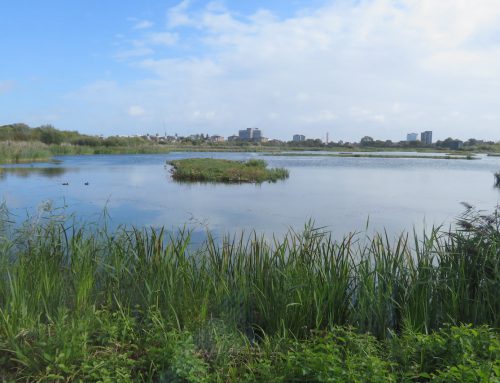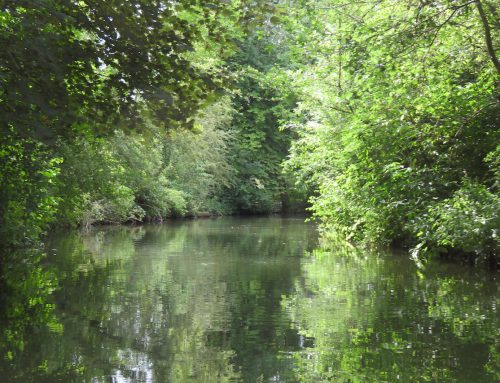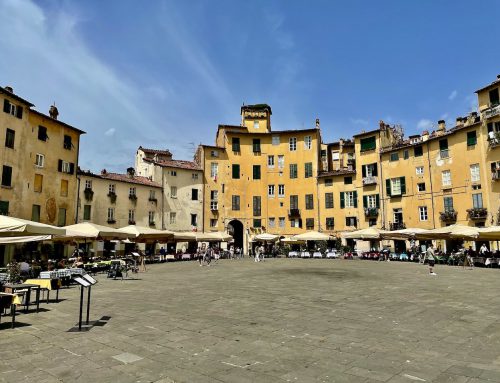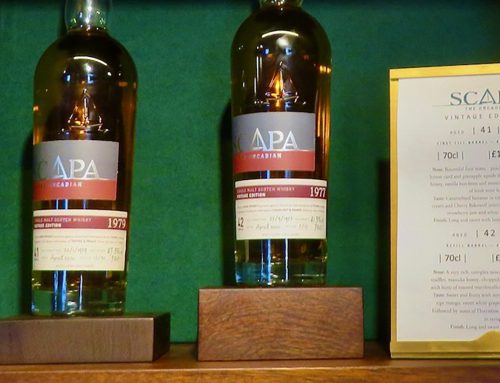A weapon spotter’s paradise
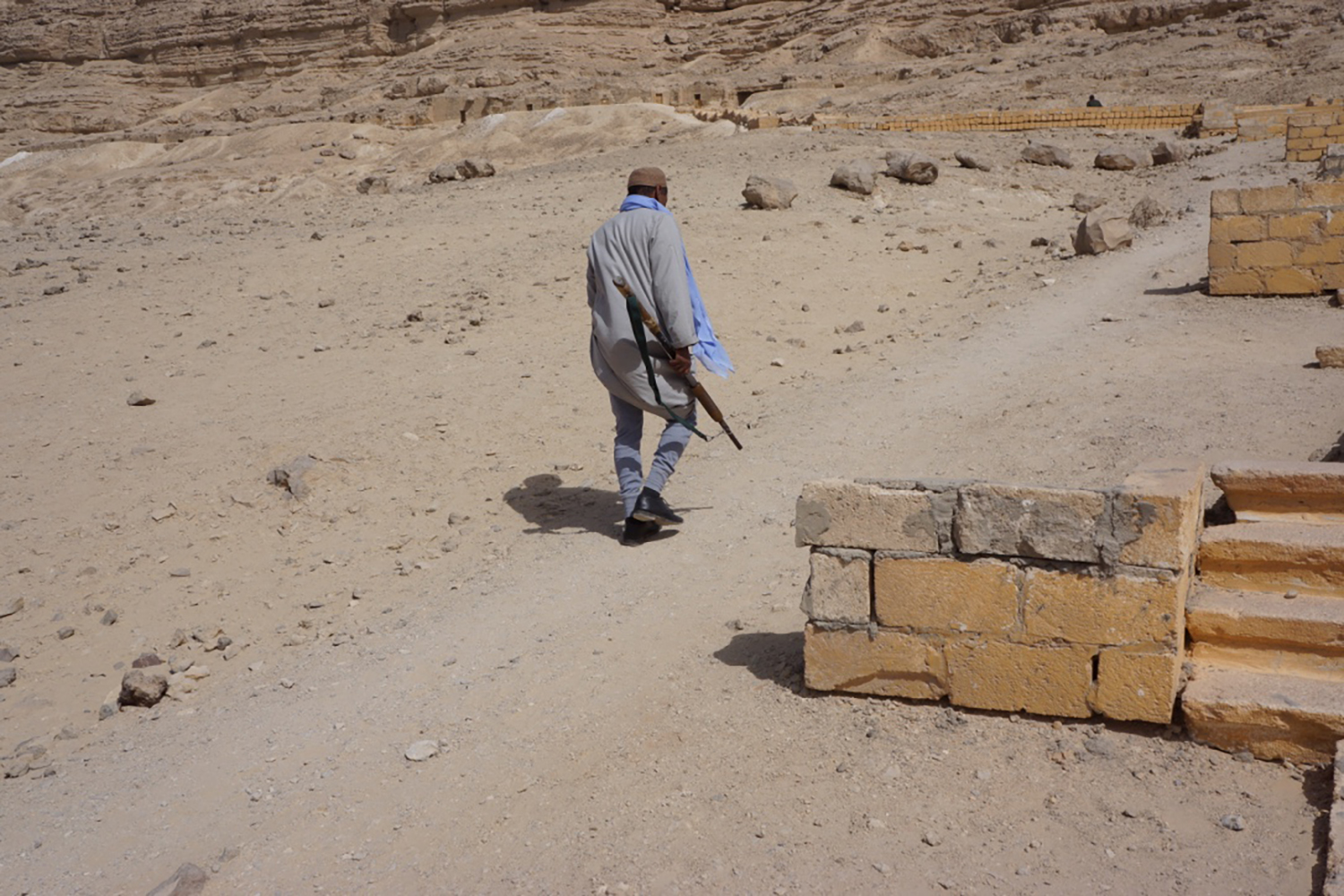
Weapons are everywhere. I wouldn't trust this one an inch.

Weapons are everywhere. I wouldn't trust this one an inch.
Al Minya, Egypt
The problem with Egypt, I have now discovered, is nothing to do with its antiquities. Nowhere else on the planet can better them. It is everything to do with the police, the security and, to put it simply, the weaponry they have on display. It does not help being ex-Army but wherever I have gone since my arrival, and I write this 200 kilometres south of Cairo, anyone and everyone in uniform appears to be tooled up. There are weapons being waved about like confetti.
Actually, it is a weapon spotter’s paradise; Smith & Wesson M&P pistols, Heckler & Koch MP5 submachine guns, Maadi assault rifles - the Maadi is a sad attempt to copy the AK47 - and in one case a gas-auto shotgun that was so bashed it would have been safe in the hands of an irate mother-in-law. Once a soldier, always a soldier, so I find my eyes being dragged away from another crumbly pyramid - Egypt houses a total of 103 of the things - and firmly towards the weapons carried by the many hundreds of uniformed Egyptians that now patrol the country’s hazardous streets.
You see Egypt is in trouble, it shouts at you from every corner, and the result has been an as-near-as-dammit disappearance of a once thriving tourist trade. Insurgents have a go at least once each month, managing to kill 272 poor unfortunates in 2015 alone and are set to top that number in 2016. These figures ignore the two Egypt Air aircraft that dropped out of the sky in recent times, cause as yet undeclared. So you need your wits about you in Egypt, of that there is no doubt. I have to visit the place as there is a job of work to do, so for me there is no choice; but while I am at it why not see something of Egyptian history en route? My timing is manifestly wrong as today, of all days, the other side has given warning that they intend to have a go and further add to the casualty statistics they have so far created.
Baddies apart, and few places are baddie-free in this modern era, Egypt is a land of unpredictable hazards. It starts with the queue for immigration at Cairo’s International Airport. A rugby scrum would be a better description. There are folk screaming, some crying, children throwing world-sized tantra and disinterested officials stamping passports, seemingly without order, fairness or logic. Those in wheelchairs are basically ignored. The idea is somehow to be noticed. If you stand waiting for fair handling in an Egyptian queue, you are destined to be there until Christmas. There appears to be nothing orderly in how the nation’s officialdom welcomes its foreign visitors.
And baksheesh, which literally means bribery, is that any use to overtake your fellow travellers? Don’t even go there. Some may say it is a way of Egyptian life - foreigners in particular are easy prey - but do not even think about it at Cairo International Airport. Running a business may be different but, even then, Egypt has been voted well down the corruption list and is sitting at number 88 as I write. To date I have found the nation both charming and incredibly honest.
A pile of patience, plenty of sighs, and an agonisingly full bladder, I was through Immigration and into the land beyond. Yet there is no escape in Egypt as an unexpected drama is always just around the corner. Take the sharp metal runner on the bottom of the bathroom door that sliced open my foot like a scalpel. That was barely 60 minutes after my arrival. The result was what seemed to be a litre of English blood spread across the hotel floor, a stained carpet, three blood-stained towels and a scramble to find the one sterile bandage that I had brought, hidden in the far corner of a wash bag. Thanks to a time-expired finger dressing, my imminent exsanguination was avoided and I survive to write these words.
Then there was the security bolt on the toilet door that slid perfectly towards the door frame but inserted into nothing but fresh air. The result was me sat doing what men do and a surprised Egyptian cleaner who pushed open the door thinking she was alone. She screamed, I shouted, and a normally peaceful and private event rapidly degenerated into chaos. That was closely followed by the cereal dispenser at breakfast falling apart in my hands, Corn Flakes flying everywhere other than into my bowl, and me creeping back to my table in the hope no one had noticed. No, my arrival in Egypt was far from straightforward.
And yet this seems to be the Egyptian way. It appears these wonderful, hospitable people muddle along but are happy muddling. They are friendly, haphazard, welcoming, and most definitely smilers in the face of adversity. I have yet to see such a happy people as the Egyptians. Villages that are as poor as poor can be are filled with characters who laugh, who giggle, and who chat incessantly. If ever there was a country that supported the view that wealth does not bring happiness, it is Egypt. The nation has welcomed me, the foreigner, in a way that I have rarely experienced. They ply me with food, in quantities that would feed an army, and the moment I look thirsty some unidentifiable drink is proffered.
I look at all liquids intently in Egypt. Delhi Belly has nothing on Gippy Tummy and you simply do not want to go there. Best starve and desiccate than to go through the torture that poisoned food or water can create. If something looks strange, it probably is. If it tastes odd, do not give it a second thought. Smile sweetly at your hosts, blame anything other than the drink’s quality for your reluctance, and into the bin it goes.
One thing is inarguable; the Egyptians love their televisions. Drive through Cairo at speed - if you can that is, as the traffic can be horrendous - and you will see every roof littered with a plethora of satellite dishes. Paradoxically, each family appears to demand their own. A communal dish does not appear an acceptable arrangement. The result is a skyline of satellite dishes, all pointing roughly in the same direction, as each apartment strikes out for independence.
Egyptians trust to good fortune, too. Forget motorcycle helmets. I have yet to see one used. For that matter forget the use of indicators. I have rarely seen them used either. Only a few hours ago I saw a single motorcycle being ridden by five people. The father was sitting bolt upright at the front and weaving his way through the traffic, his eyes focussed firmly forward. Behind him were two children clinging both to him and each other. At least I assume they were his, as behind them sat, side-saddle, a burka-clad mother at the back. She was well occupied, bottle-feeding a baby, as they leaned this way and that, seemingly oblivious to the dangers around them. These people are manifestly protected by a force far stronger than I could ever muster in my defence. The mother glanced up at me disinterestedly as I hurtled by in my dust-stained Nissan. She was clearly happy; the fact that the tiniest slip by her husband would plunge the entire family into oblivion had manifestly never crossed her mind.
At least they were not carrying a weapon.
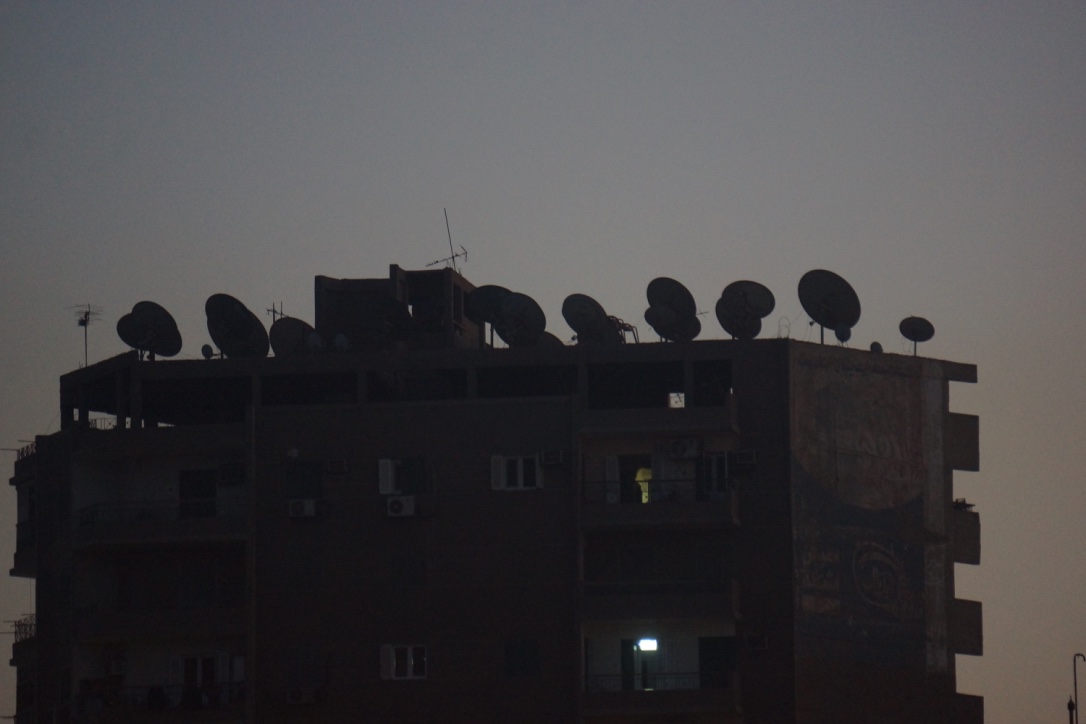
The Egyptians love their telly.

